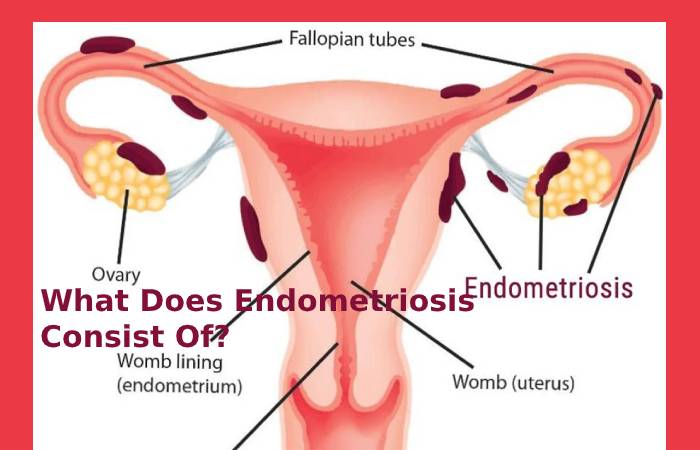Dealing with substance abuse is never straightforward, and finding appropriate treatment options for those suffering can be equally challenging. IOPs have emerged as a key player in the continuum of care for individuals battling addiction. In contrast to traditional inpatient treatment centers, IOPs offer a flexible approach that allows patients to maintain daily responsibilities while seeking recovery. Below, we dive into the nuts and bolts of how IOPs function and their efficacy compared to other treatment modalities.
Table of Contents
Understanding IOPs for Substance Abuse Treatment

IOPs represent a treatment strategy which supports clients as they transition from higher levels of care or as a primary form of comprehensive treatment. These programs generally require participation in therapeutic services for several hours a day, multiple days a week, all while the client lives outside of the treatment facility. By doing so, IOPs provide a structured yet flexible framework that can adapt to the varying needs of individuals.
Amidst the clinical components are counseling sessions, group therapy, and educational workshops, all tailored to reinforce sobriety and facilitate personal growth. In deploying a non-residential approach, these programs also emphasize relapse prevention strategies critical for long-term recovery. Patients have the opportunity to apply coping mechanisms in real-world scenarios, an experience that residential treatments often cannot match.
It should be noted that IOPs are not a one-size-fits-all solution and are best suited for those with a stable living situation and a supportive network. Certain individuals may find that more intensive, supervised care is necessary, particularly in the initial stages of recovery. For many, IOP programs in Denver have become a go-to resource for those looking for an effective but less disruptive form of treatment.
The Role of Personalized Care in Intensive Outpatient Success
One advantage of IOPs is their inherently personalized nature. Given the unique backgrounds, experiences, and challenges faced by individuals suffering from substance abuse, treatment cannot be homogenous. IOPs excel in crafting individualized treatment plans that focus on the specific triggers and life situations of each patient.
Therapists and counselors in IOP settings often have the opportunity to develop a deeper understanding of their clients’ needs, as they can observe and engage with them in a variety of contexts over time. This rapport can lead to more meaningful interventions and, as a result, more positive recovery outcomes. An emphasis on personal development and individual therapy helps ensure that each client’s path to sobriety is as effective and sustainable as possible.
Fostering life skills is another facet of the personalized care within IOPs. Clients learn practical strategies for managing stress, enhancing communication, and resolving conflicts. These skills extend well beyond the immediate sphere of addiction recovery and can contribute to success in personal and professional life. It is this holistic approach that has made IOPs a preferred option for many seeking help with substance abuse.
Measuring the Long-Term Impact of IOPs
Long-term recovery is a pivotal measure of success for any substance abuse treatment program. IOPs are designed with this goal in mind and have shown significant effectiveness in this area. Studies tracking clients post-treatment indicate that those who complete IOPs often maintain higher rates of continuous sobriety compared to those who do not engage with structured recovery programs.
Aftercare services, an integral component of many IOPs, contribute to the stabilization of recovery once formal treatment concludes. These services often include ongoing counseling, support groups, and other resources that can help individuals navigate the complexities of a sober lifestyle. The availability of this continued support acts as a buffer against relapse, a key factor in overall program effectiveness.
Overcoming Stigma: The Social Advantages of Intensive Outpatient Care

The stigma associated with addiction can be a formidable hurdle to seeking treatment. IOPs address this concern by enabling individuals to maintain their daily routines and privacy while undergoing treatment. The ability to continue working, attending school, or caring for family helps normalize the recovery process and can lead to greater social acceptance.
In IOP settings, participants are often surrounded by peers who are going through similar struggles. This sense of community and mutual understanding can be empowering and can break down feelings of isolation or shame associated with addiction. Group therapy and peer support sessions foster an environment of shared experiences and collective growth, which can be deeply transformative.
Altogether, IOPs provide a comprehensive, adaptable form of treatment for those with substance abuse disorders. They integrate the necessity of personalized care with the benefits of societal inclusiveness, fostering an environment that supports sustained recovery. In the fight against addiction, IOPs prove to be an effective and compassionate option, standing as a testament to the ever-evolving landscape of addiction treatment.












